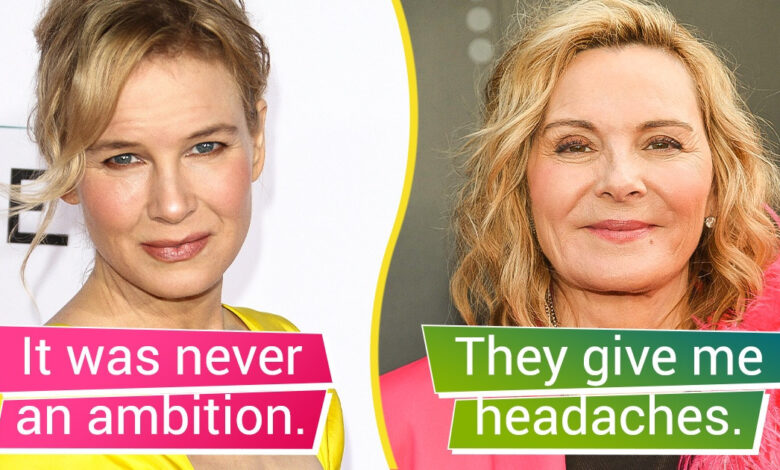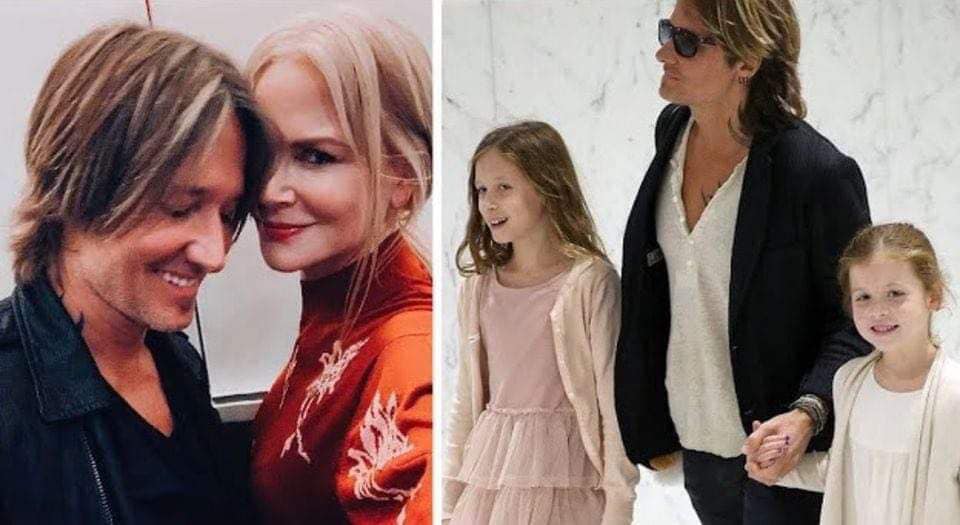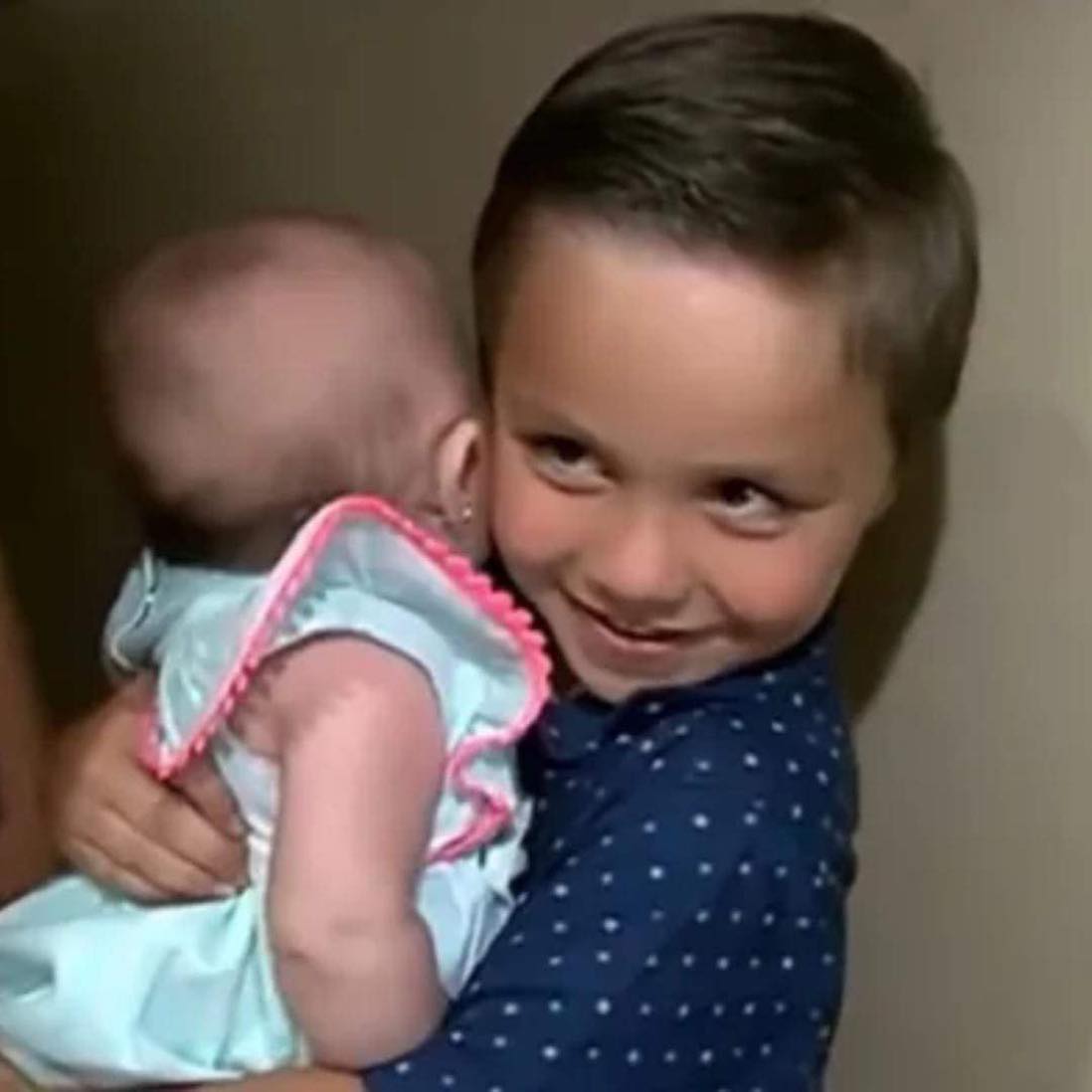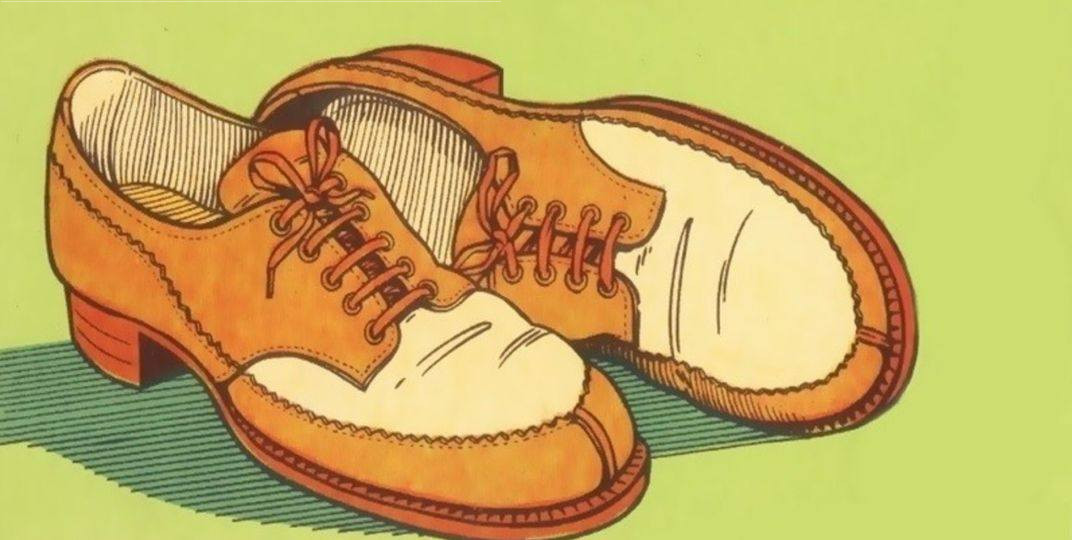10 Female Celebrities Who Openly Share Why They Haven’t Had Kids

It’s fascinating how these celebrity women have shared their personal reasons for not having children, offering perspectives that challenge societal norms and expectations. Many of them have prioritized their careers, independence, and personal desires, which has led to their decision to forgo motherhood.
Oprah Winfrey’s reflection on how her career would have affected her ability to be a present mother is both honest and revealing. It highlights the complexities of balancing fame and family, especially for someone who has been so dedicated to her work.
Dolly Parton’s choice not to have children aligns with her belief that her destiny was focused elsewhere, particularly in her philanthropic efforts like the Imagination Library. It’s inspiring to see how she’s channeled her energy into causes that benefit children, even if she hasn’t had any of her own.
Renée Zellweger’s approach to life, taking things day by day without the pressure of a predetermined path, resonates with a sense of living authentically. She chooses independence and self-sufficiency, which feels empowering for those who prefer not to be defined by societal timelines.
For Tracee Ellis Ross, the idea of choosing motherhood or marriage because of societal expectations is something she questions deeply. Her approach shows a desire to make decisions for herself, not based on external pressures.
Mary J. Blige, Helen Mirren, and Kim Cattrall have all embraced the freedom of not having children, each for their own reasons—whether it’s avoiding the complexities of caregiving, accepting that motherhood was not part of their path, or simply enjoying their life without the responsibility.
Ashley Judd’s decision to care for children who are already in need of love and attention is especially admirable. It shows a commitment to making a difference in the lives of those who have been abandoned or orphaned, rather than having biological children.
Lily Tomlin and Allison Janney also express the complexities of choosing career or motherhood, with Lily acknowledging the difficulty of raising children while being fully dedicated to her work. Allison, on the other hand, reflects on the importance of choosing the right partner and the right time, emphasizing that it’s better to regret not having children than to regret having them under uncertain circumstances.
Overall, each of these women’s stories reflects a deep commitment to living life on their own terms, whether it’s focusing on their careers, giving back to the community, or simply enjoying the freedom that comes with not having children. Their choices challenge the idea that womanhood must be defined by motherhood, offering a more diverse and empowered narrative.





